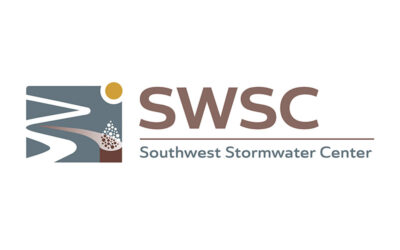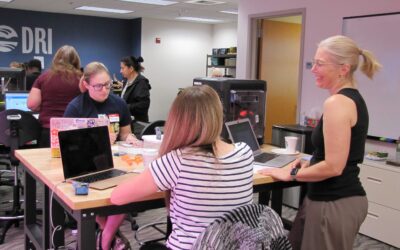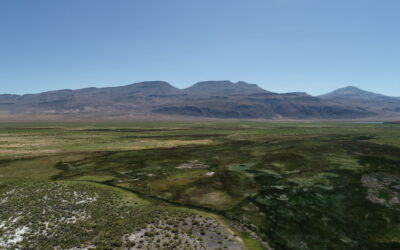Reno, Nev. (July 14, 2020) – Meghan Collins, M.S., Education Lead for the Native Waters on Arid Lands (NWAL) project and Assistant Research Scientist at the Desert Research Institute (DRI) in Reno has received a $100k grant from the U.S. Department of Agriculture’s National Institute of Food and Agriculture (USDA-NIFA) to develop a STEM curriculum with Diné (Navajo) and Hopi communities.
With this funding, Collins, Karletta Chief, Ph.D. (University of Arizona), Kyle Bocinsky, Ph.D. (DRI/Crow Canyon Archaeological Center), and several other members of the NWAL team will work with teachers serving Indigenous communities to develop and adapt STEM curriculum to place-based contexts. The project, called “Teaching Native Waters,” will host in-depth, yearlong professional development experiences to 20 middle and high school teachers serving Indigenous students in the Diné (Navajo) and Hopi Nations.
“This project builds on opportunities that we identified during the course of the Native Waters on Arid Lands project, where teachers wanted ways to bring STEM curriculum into their classrooms for the benefit of young and future generations,” said Collins. “We are thrilled to be able to continue this important work with new funding from USDA-NIFA, and help make science from the NWAL project actionable in K-12 classrooms.”
The long-term goal of “Teaching Native Waters” is to include more Native American students in the science, technology, engineering, and math (STEM) fields. This project will help to address issues of diversity in STEM and important gaps in professional development for teachers serving rural students.
This grant was one of four awards given out through USDA-NIFA’s Women and Minorities in Science, Technology, Engineering and Mathematics Fields program (WAMS). WAMS supports research, education/teaching, and extension projects to increase participation by women and underrepresented minorities from rural areas in science technology engineering and math.
This project is expected to begin in August 2020 and run through July 2022. Additional DRI researchers that will be working on the Teaching Native Waters project include NWAL Program Director Maureen McCarthy, Ph.D., and NWAL water quality lead Alexandra Lutz, Ph.D.
The full award announcement is here: https://cris.nifa.usda.gov/cgi-bin/starfinder/0?path=fastlink1.txt&id=anon&pass=&search=R=88821&format=WEBFMT6NT


